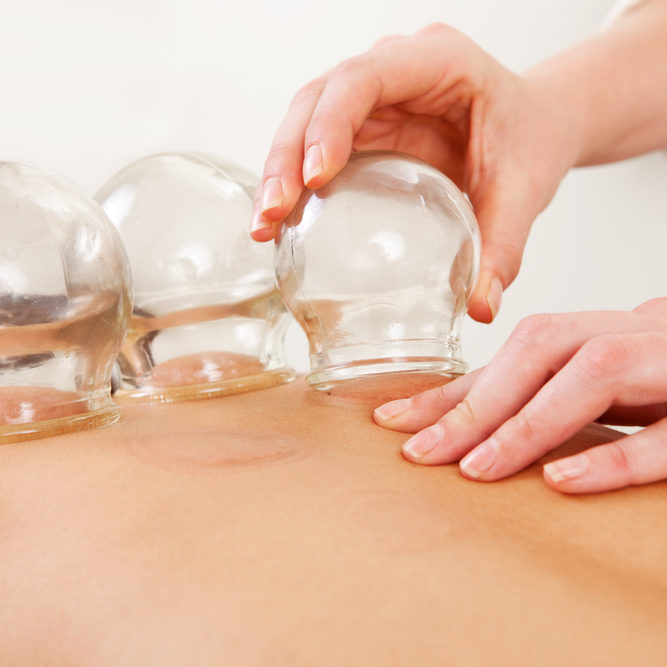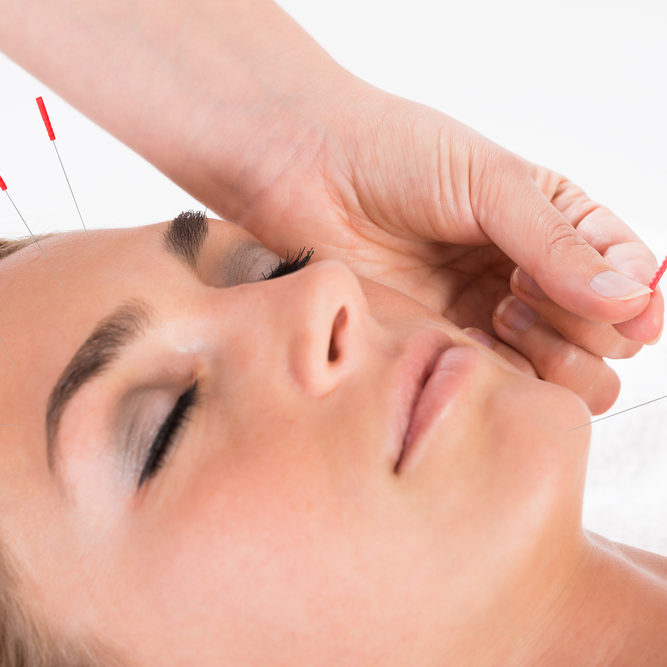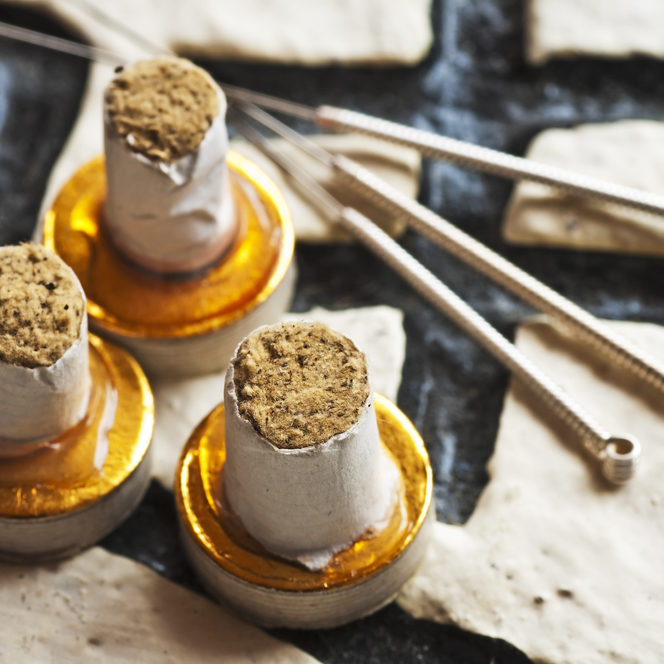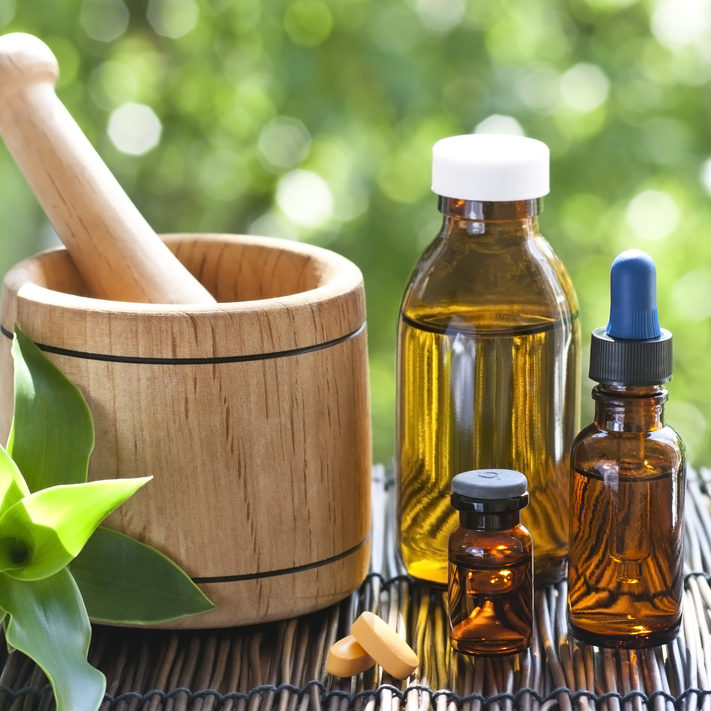Acupuncture for Knee Pain
Acupuncture Outperforms Drugs For Knee Pain And Inflammation
Researchers have found that acupuncture is more effective compared to ibuprofen and diclofenac for the long-term relief of knee osteoarthritis pain, inflammation and motor impairment. In one study, acupuncture with herbal medicine even outperformed acupuncture with ibuprofen for pain relief. In another independent study, acupuncture outperformed diclofenac for relief of pain, inflammation, and motor impairment due to knee osteoarthritis.
Acupuncture plus herbs were found to outperform ibuprofen in alleviating knee pain, inflammation and dysfunction. Guangxi Lingshan County Hospital of Traditional Chinese Medicine researchers researched the benefits of drugs, electroacupuncture and herbal medicine in the treatment of knee osteoarthritis. The results of the clinical trial found the acupuncture plus herbal medicine treatment to be more effective than the acupuncture plus ibuprofen protocol.
All patients included in the study suffered from pain and dysfunction from knee osteoarthritis. Patients who received a special herbal formula for knee dysfunction plus an acupuncture administered with electroacupuncture stimulation had a total effective rate of 86.7%. Another group of patients received ibuprofen drug therapy plus electroacupuncture and had a total effective rate of 63.3%. Both treatments resulted in pain relief, but the group receiving acupuncture plus herbs outperformed the group receiving acupuncture plus ibuprofen by 23.4%.
A total of 60 patients were used in the study. The patients were randomly split into the acupuncture plus herbal treatment group and the acupuncture plus ibuprofen control group. Both groups received identical electroacupuncture therapy.
Manual acupuncture was applied before administering electroacupuncture. After elicitation of a deqi sensation, the acupuncture needles were attached to an electroacupuncture device with a continuous wave. The needles were placed for 30 minutes after electroacupuncture began. A 30 minute electroacupuncture session was completed daily for 20 consecutive days.
A batch of the herbs was boiled in water to yield a 200 ml decoction. Two doses were given to the patients daily. One dose was given in the morning and one at night. The herbs were given for 20 consecutive days. For the drug control group patients, two 0.3 g ibuprofen sustained release capsules were given to patients daily. One capsule was given after breakfast and one after dinner. The ibuprofen was given to patients for 20 consecutive days. Patients were evaluated before and after the treatment program. Joint function and the severity of knee osteoarthritis were evaluated using the Lysholm Knee Score Standard (LKSS). The treatment effectiveness rate for both groups (treatment and control) was derived as the percentage of patients who achieved at least an effective treatment tier of improvement. The treatment effectiveness was categorized into three different tiers:
- Significantly effective: Complete or significant absence of symptoms. ≥70% improvement in the LKSS score.
- Effective: Symptoms showed some improvement. ≥30% but <70% improvement in the LKSS score.
- Not effective: Symptoms showed no substantial improvement. <30% improvement in the LKSS score.
The study confirmed that herbs and acupuncture outperformed drugs and acupuncture. The herbal medicine with acupuncture protocol does not result in the gastrointestinal issues often found when taking ibuprofen. In addition, this is a legitimate treatment option for effectively relief of disability and pain from knee osteoarthritis.
In an independent investigation published in the Anhui Medical and Pharmaceutical Journal, researchers found that acupuncture plus moxibustion is more effective than diclofenac for relief of knee osteoarthritis. The diclofenac, a NSAID (nonsteroidal anti-inflammatory drug), provided faster relief initially, but the acupuncture treatment had a significantly greater positive outcome for long-term relief.
Acupuncture used in combined with moxibustion resulted in a successful patient outcome rate of 63.33%. The NSAID resulted in a positive patient outcome rate of 33.33% in treating knee osteoarthritis. Both studies discussed in this article found that acupuncture is an effective form of therapy for relieving knee osteoarthritis inflammation, pain and motor dysfunction. Following the evidence found in the data, acupuncture and other Traditional Chinese Medicine (TCM) therapies can be used as viable treatment options for knee pain.
Enjoy Even More Articles on Acupuncture Chicago Loop and how we can help :
- Acupuncture for Sleeping
- Acupuncture for Smoking
- Acupuncture for Allergies
- Acupuncture for Arthritis
- Acupuncture for Depression
- Acupuncture for Energy
- Acupuncture for Stress & Anxiety
- Acupuncture for Vertigo
- Acupuncture for Acne
- Acupuncture for Drug and Alcohol Addiction
- Acupuncture for Sciatica
- Acupuncture for Neck pain
- Acupuncture for Plantar Fasciitis
- Acupuncture for Carpal Tunnel
- Acupuncture for Knee Pain
Services We Offer : Conveniently Located in the Chicago Loop
Sunae Son, L.Ac, M.S.O.M. has spent much of her life exploring and researching western and eastern medicines, combining these practices over a decade of field and laboratory studies into mindful patient care in acupuncture and Traditional Chinese Medicine.
